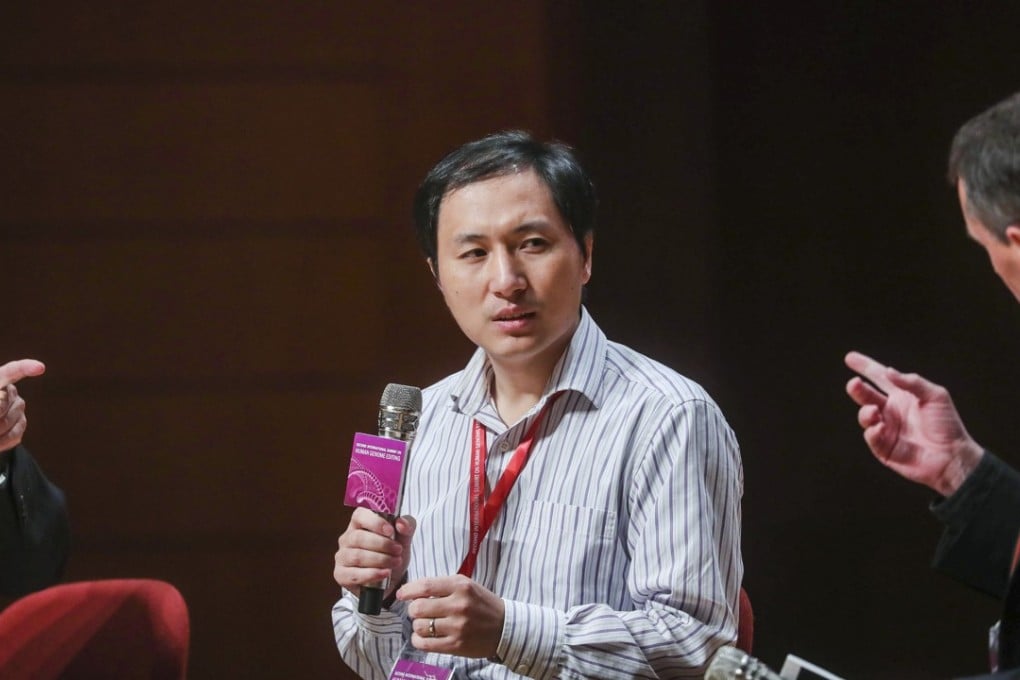Before gene-editing controversy, Chinese scientist He Jiankui was rising star who received 41.5 million yuan in government grants
- Academic and budding entrepreneur developed cheap, fast gene sequencer some said would shake the industry

Before he fell from grace for his controversial claim to have altered the genes of two babies before they were born, Chinese scientist He Jiankui was a rising star, the man behind a potentially industry-shaking genome sequencer and the recipient of millions in grants from the mainland authorities.
Following his announcement last week of the birth of reportedly HIV-resistant twin girls to a HIV-positive father and HIV-negative mother in November, the academic has found himself the subject of an investigation by the Chinese government, with all his research activities suspended.
Institutions have shunned him – the Southern University of Science and Technology, where He is an associate professor, and Shenzhen Luohu People’s Hospital, where an embryologist involved in the research works, have denied any knowledge of the project.
That same pride was on display one year ago, when the scientist and budding entrepreneur launched a faster and cheaper solution for clinical genome sequencing, posing a challenge to the titans of the industry.
“Some people said we shook the global gene-sequencing industry. Right. It’s me. He Jiankui. I did it,” he said with great excitement in an interview with CCTV in 2017 after his invention was launched.